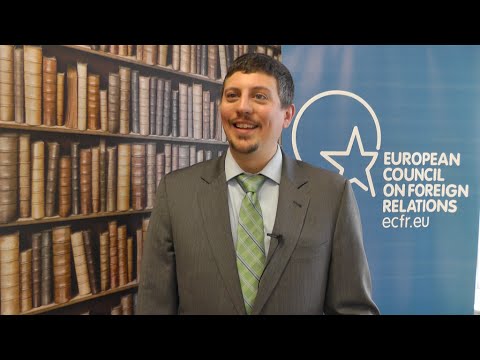Iran Post Sanctions and Elections: Openings and Challenges for Europe and the US
What prospects for Iran's relations with the US and Europe?
Guests
Richard Nephew, Programme Director (Economic Statecraft, Sanctions and Energy Markets), Center on Global Energy Policy at Columbia University
Ellie Geranmayeh, Policy Fellow, ECFR
Chaired by
Mark Leonard, Director, ECFR
Progress on the implementation of the nuclear accord and the diplomatic momentum since world powers reached a deal with Iran have created openings with Tehran for both the US and Europe, albeit to varying degrees. Many challenges remain for the West in the course of expanding its relations with Iran across economic and political levels. The panel will assess how successfully the US and Europe have delivered on sanctions easing so far, and look at the outstanding risks for the deal's lifeline. What hurdles are Europeans facing when re-entering the Iranian market? What lessons can be learnt from the US and European cooperation on Iran sanctions? In addition, the event will explore if the outcome of Iran's recent elections can have any meaningful consequences on the trajectory of its domestic and foreign policies.
Richard Nephew (@RNephewCGEP) is the program director for economic statecraft, sanctions and energy markets at the Center on Global Energy Policy at Columbia University. Prior to this, Nephew served as principal deputy coordinator for sanctions policy at the Department of State. Nephew also worked as the lead sanctions expert for the U.S. team negotiating with Iran (2011 – 2013) and he was the director for Iran on the National Security Staff where he was responsible for managing a period of intense expansion of US sanctions on Iran.
Ellie Geranmayeh (@EllieGeranmayeh) is a policy fellow in the Middle East and North Africa Programme at ECFR. She is the author of the ECFR policy brief ‘Engaging with Iran: A European Agenda’ (July 2015).
Mark Leonard (@markhleonard) is the Director ECFR. He edited ‘Connectivity Wars: Why migration, finance and trade are the geo-economic battlegrounds of the future’ (January 2016), a collection of 23 essays exploring how the world’s powers are weaponising the interconnectedness of the global economic system in order to hit out at each other.

